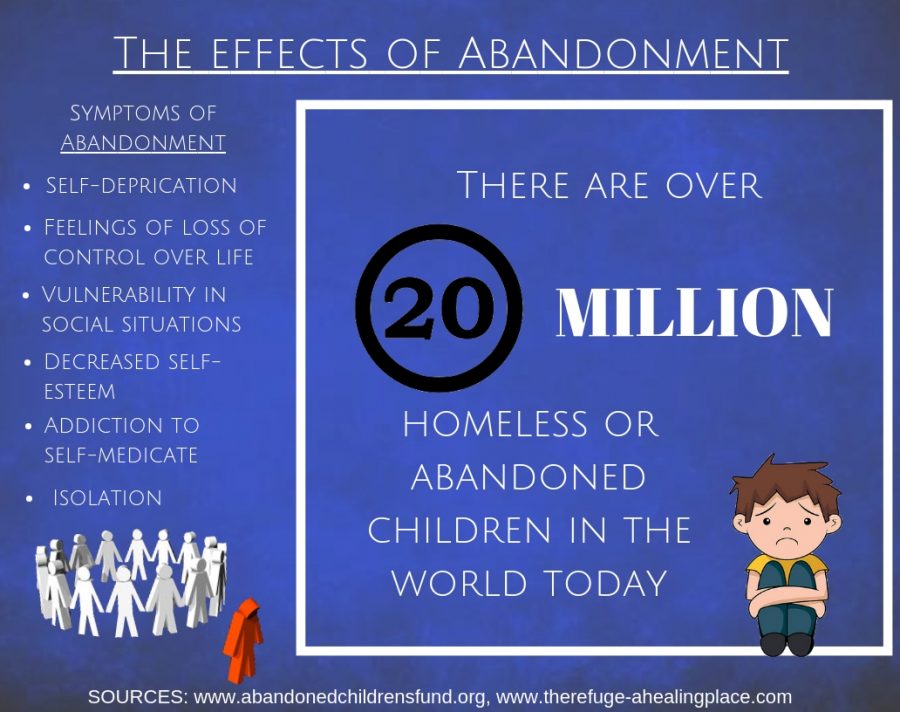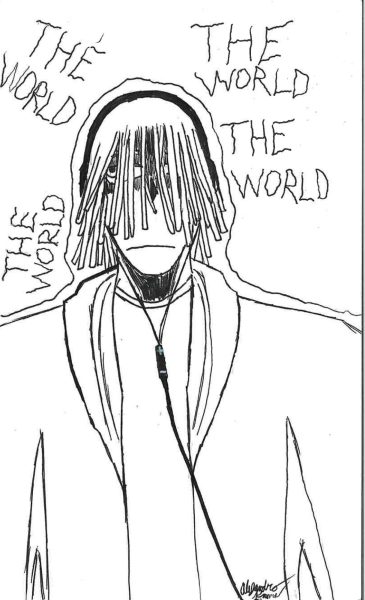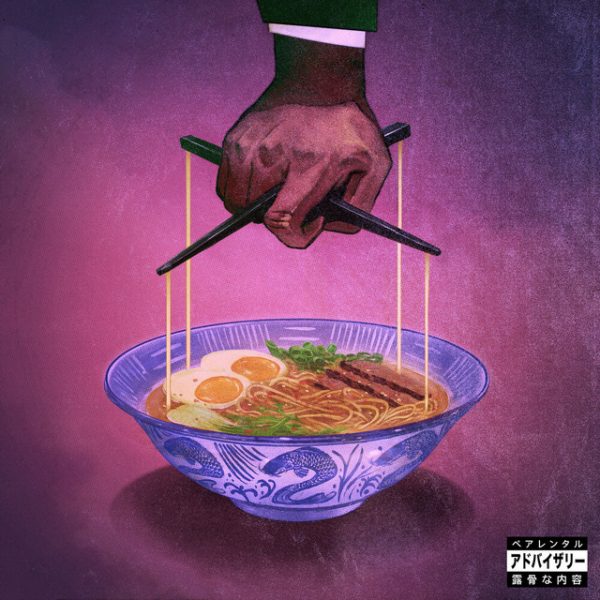Dealing with abandonment
Life is a complex thing, and everyone has their opinion about it. But one thing we can all agree on is that it’s not always fair.
Before I was born, my dad walked out on my mom and brother. For a few years, I guess it went without mention.
However, when I was six-years-old, I found out about the mysterious “dad” all of my classmates were talking about. All I knew until that point was my mother and her parents.
Everything was different after I found out, but I didn’t know how to handle it at such a young age.
I’ve learned that instead of dealing with the issues this caused, I locked them up in a little box, labeled it “vulnerability” and shoved it in the dingy corner of my mind reserved for misfit memories.
Realistically, it took me some time before I was ready to deal with it all. It’s important to remember everyone will face their demons at their own pace.
Coping isn’t an overnight process, and it may seem like you’re trying to fill a vacancy you never asked for. It’s your well-being at stake.
While reading the article Dealing With Anger From Having an Absent Father, I began my journey to remedy the abandoned part of my mind set. One of the main points stated was “Acknowledge the anger.”
Many feelings of worthlessness, insecurity and depression can stem from someone so important leaving.
It’s very easy to ignore all the pent-up hurt and anger that played a role in creating those emotions. It’s understandable that you don’t want to give them enough power to have such an influence without even being around.
Acknowledging how you feel and why you feel that way is the first step in overcoming the obstacle of abandonment.
Keeping things locked away in a mental corner is going to work for a brief time, but things will start to spill out over time. Putting them back is usually not an option.
Since they’re out, why not try to focus on how you can grow from whatever has happened. It’ll be a difficult process to undergo, but finding peace with things that cannot be changed is key.
This is especially true when it comes to upbringing and how others act. We don’t choose our family and we definitely don’t choose the decisions they make.
According to www.goodtherapy.org, “Healthy human development requires needs for physical and emotional care to be met. When those needs aren’t met, it can result in feelings of abandonment.”
Not getting care from an absent parent doesn’t have to end the hope of getting it from somewhere else.
Your self-worth does not lie in the actions of others, and their absence does not dictate how your relationships with others will play out.
Instead of focusing on the decisions of others, it’s imperative for us to focus on being who we were made to be.
I can’t be upset with my dad because I need to take responsibility for my own happiness. He had to make decisions that would help him in that particular time.
It’d be nice for everything to be perfect, but we humans are fallible. No human on Earth is going to be a bigger ally than you are to yourself.






